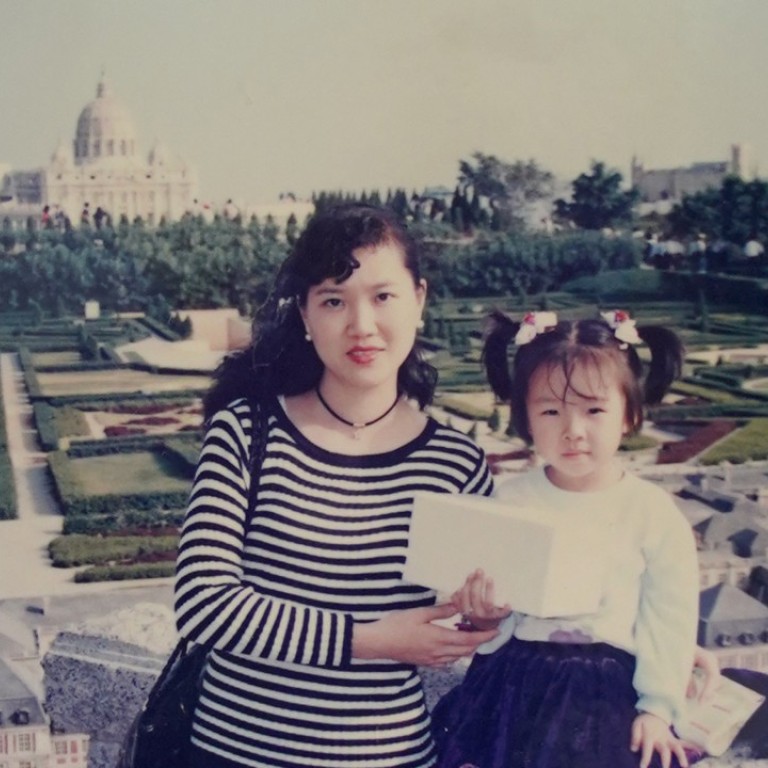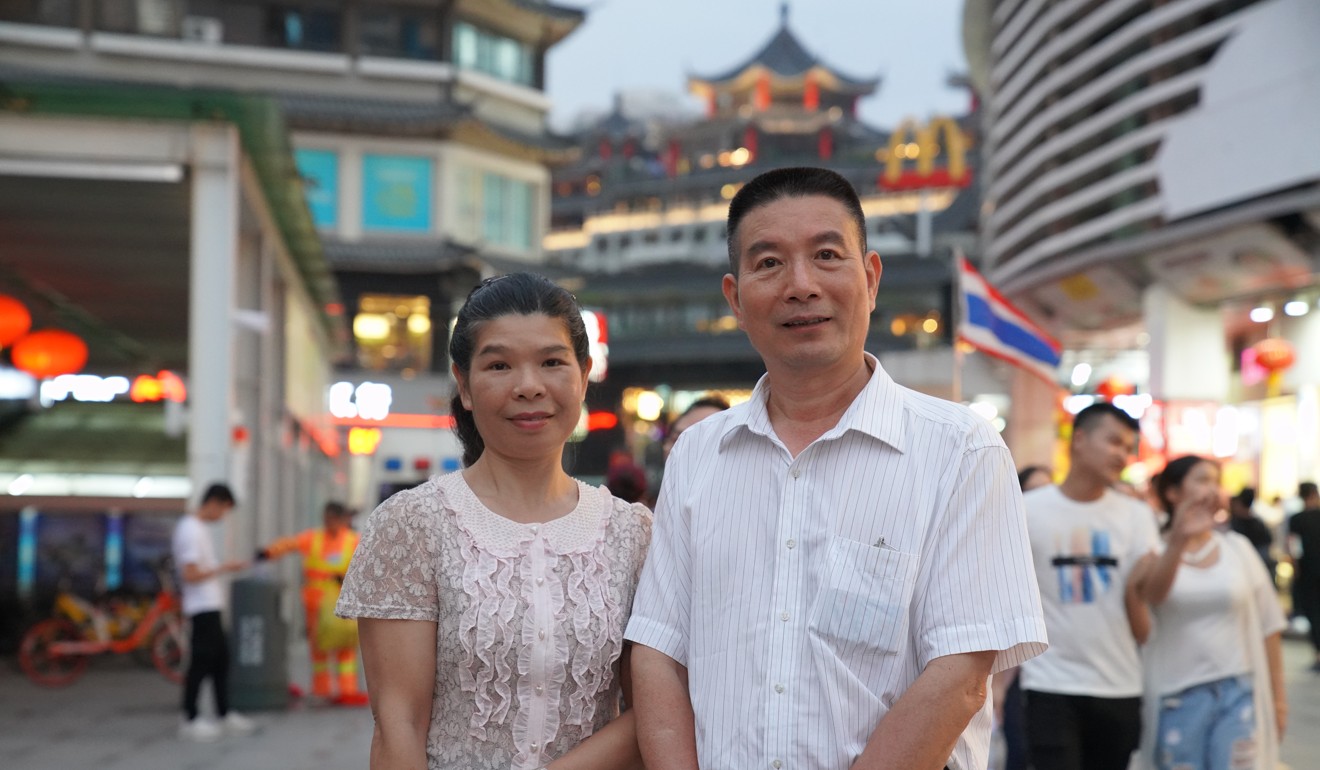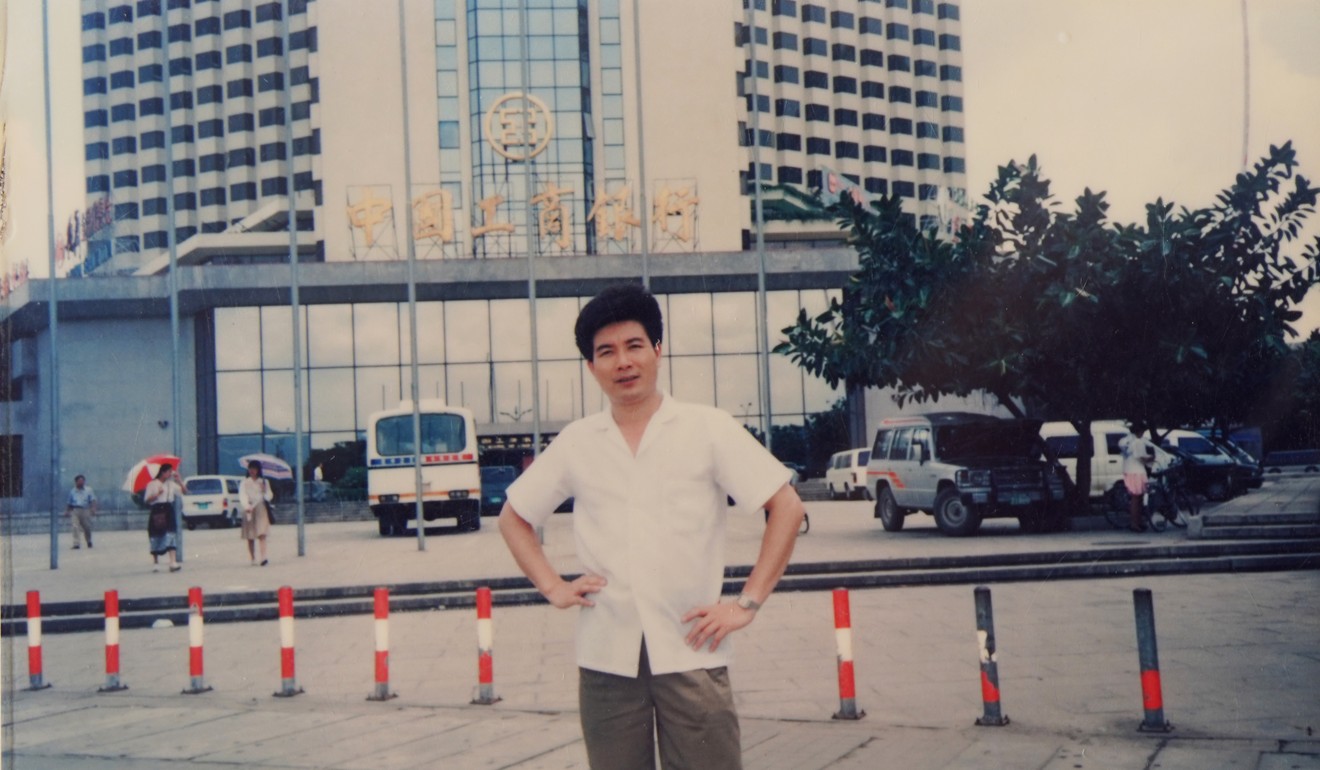
Inside China’s test zone: the eyewitnesses to Shenzhen’s rise
- Taking a chance on a city’s potential, young workers moved to the new economic zone at a time when inconveniences were still rife
- Conditions in housing, transport and other basic necessities have all drastically improved under the opening-up policy
In 1978, Chinese leader Deng Xiaoping began the nation’s efforts to reform and open up. As part of that drive, Shenzhen, Guangdong province, became China’s first special economic zone in 1980, and the city’s promise lured people from all over the country in search of better lives.
Retired soldier
Wu Tao and his younger brother Wu Ming have seen the rise of Shenzhen under the reform and opening-up policy over the past 40 years. When they first arrived in 1979 and 1983 respectively, the city looked underdeveloped, surrounded by endless hills.
Wu Tao enlisted in the army and became a checkpoint soldier at Luohu district. Back then, it was an honour to be in the military. He was assigned the post near the Luohu Bridge, where he inspected the three trains travelling to and from Hong Kong every day. Wu Ming was chosen by his superiors at the Agricultural Bank of China to work at the newly built branch in Shenzhen, contributing to the development of a new economic zone.

After Wu Tao retired from the army, he returned to his hometown of Yangchun and began work at a bank. He visited Shenzhen in 1985 and found the city rapidly developing with commercial buildings and residential compounds, and returned there to work in 1987.
Wu Tao said that after years of development, living conditions had completely changed for the better. Originally, he and his wife lived in a seven-square-metre (75 sq ft) dormitory. Now they have a house in a well-to-do residential compound, with a balcony overlooking a park.

His brother Wu Ming admits there has been a growing disparity in the years of development. He said that looking around, all the projects were in the hi-tech industry or real estate. Not many factory workers were willing to come to the city, for example. “They could receive as much payment back home in smaller cities or rural areas, and they wouldn’t have to pay such high rent,” he said.
Mother/daughter
Zhang Donghong and her daughter Zhong Yian also felt they benefited from the development of Shenzhen. Zhang, 55, arrived from neighbouring Huizhou in 1985. At the time, her parents thought that as a special economic zone Shenzhen offered more prospects than her hometown. She first worked as an office clerk at Shenzhen Oceanus Group, then a seafood sales company, before landing a job in the Industrial and Commercial Bank of China in 1993. Her daughter, Zhong, 28, spent her childhood in Shenzhen, went to Hong Kong for college and works there for an insurance company.
When she first came to Shenzhen, Zhang faced multiple inconveniences. The city was still under construction, the roads were being paved and it lacked many necessities. Many of her peers chose to go back home, but Zhang persisted, believing her future would be brighter than in Huizhou. She also had ambitions for her daughter, hoping she would go abroad and see the outside world.

“While in Shenzhen, we were so close to Hong Kong that we got their TV signal, so we knew clearly how they lived,” Zhang said. “We could see their television dramas and live concerts.”
Looking back, Zhang felt grateful that she persisted. She acknowledged the difficulties she faced in terms of transport and living conditions, but she knew they would not last and staying would pay off in the long term.
“We came because it was a special economic district,” she said. “We knew it would be better than our small town, and we knew the small inconveniences were temporary.”

.jpg?itok=H5_PTCSf&v=1700020945)